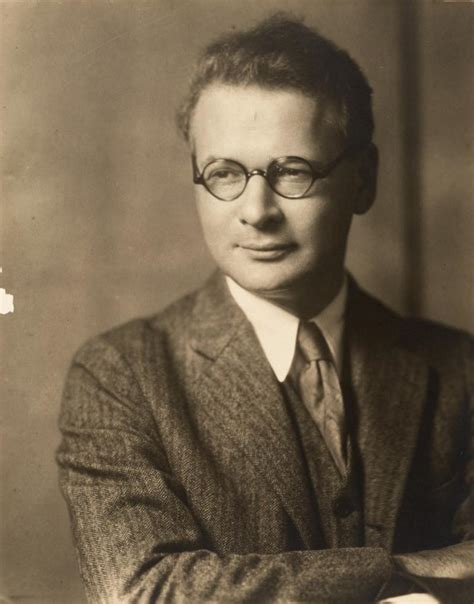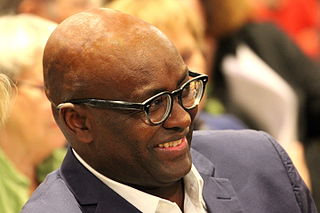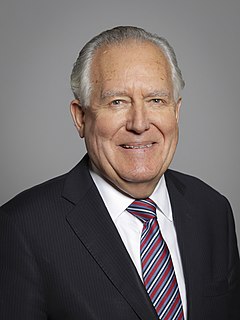A Quote by Nelson Mandela
We have introduced a democratic constitution, which put suvery South African on an equal basis.
Quote Topics
Related Quotes
We do not have a South African as a member of the African Commission. The President of the Commission comes from Mali, the Deputy comes from Rwanda and then we have got all these other members, ordinary commissioners. There is no South African there. And the reason, again, for that is not because we didn't have South Africans who are competent.
It was the South African Government that has introduced politics into sport by decreeing politically that no non-white person will represent their country. They introduced politics into sport." And Don [Bradman] was a very shrewd old bloke, and he looked at me for about thirty seconds and then he said, "Bob, I've got no answer to that." And that was it.
I don't know why you should isolate women in this regard. If you have a traditional leader who says 'I am the sole exclusive ruler, I am the autocrat', it will affect everybody in the area, whether they are men or women. The challenge that South Africa faces, and it is not a new challenge, a whole range of African countries have faced this challenge, is that where you have institutional traditional leadership, which in our country is protected by the Constitution, how does that institution function side by side with a democratic system?
The democratic rule that all men are equal is sometimes confused with the quite opposite idea that all men are the same and that any man can be substituted for any other so that his differences make no difference. The two are not at all the same. The democratic rule that all men are equal means that men's being different cannot be made a basis for special privilege or for the invidious advantage of one man over another; equality, under the democratic rule, is the freedom and opportunity of each individual to be fully and completely his different self. Democracy means the right to be different.
During my lifetime I have dedicated myself to this struggle of the African people. I have fought against white domination, and I have fought against black domination. I have cherished the ideal of a democratic and free society in which all persons live together in harmony and with equal opportunities. It is an ideal which I hope to live for and to achieve. But if needs be, it is an ideal for which I am prepared to die.







































